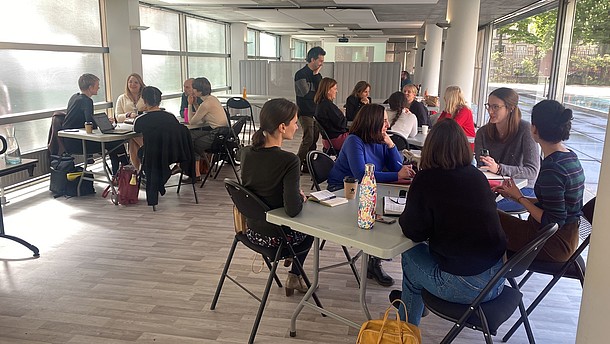inDICEs has published online its position on the European Declaration of Digital Principles and writes that the consortium recognises the relevance and importance of the European digital principles through its work with the cultural heritage sector. However, a fundamental principle is missing – that of universal access to cultural heritage online. The role of digital technologies in enabling access to culture as a means of promoting inclusivity, creativity, critical engagement, education and knowledge-sharing, is essential to empowering citizens and creating fairer societies.
They also stress that it is not enough to aspire to an alternative to Big Tech, but rather it must be actively built. To that end, inDICEs proposes that this principle should be expanded to encompass the concept and development of an open, decentralised, and trusted European digital public space. A digital public space that is built on democratic values and public digital infrastructure, and that ensures an inclusive, rights-based, people-centred alternative.
inDICEs provided input on the main areas addressed by the public consultation:
- Universal access to internet services
- Universal digital education and skills for people to take an active part in society and in democratic processes
- Accessible and human-centric digital public services and administration
- Access to digital health services
- An open, secure and trusted online environment
- Protecting and empowering children and young people in the online space
- Ethical principles for human-centric algorithms
Access the full position of inDICEs on the European Declaration of Digital Principles.
inDICEs - Measuring the Impact of Digital Heritage
inDICEs is conceived as a project that aims to empower policy-makers and decision-makers in the Cultural and Creative Industries to fully understand the social and economic impact of digitisation in their sectors and address the need for innovative (re)use of cultural assets.



